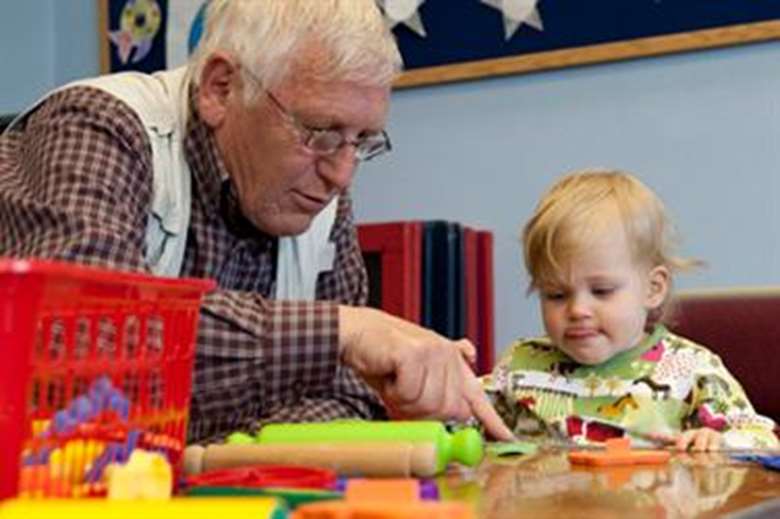Child protection case time limit 'penalises kinship carers'
Lauren Higgs
Friday, October 12, 2012
Family members could be missing out on the chance to become legal guardians for children who can no longer live with their birth parents, due to the new six-month time limit for completing care proceedings in the courts, charities have warned.

Speaking at a Conservative party conference fringe meeting, Cathy Ashley, chief executive of Family Rights Group, said wider family members often only become involved in care proceedings when cases are about to go to court.
“Given the six-month time limit on care proceedings, we are already finding that family members are being told that they won’t be considered at the point that they’re coming forward, particularly if more than one family member wants to be assessed,” she explained.
“We need a protocol that explains how local authorities should work effectively with the family prior to care proceedings. Part of that is about families being offered a family group conference, for example. We need to provide local authorities with more of a helping hand to make sure that they can do that.”
Sam Smethers, chief executive of Grandparents Plus, said the charity has come across grandparents who are finding themselves unable to care for their grandchildren as a result of the six-month target.
“Sometimes they come forward quite late to say that they want to care for their grandchild,” she said.
“It could be because they’re waiting to see if their son or daughter is going to sort their life out, other times they just don’t find out until the proceedings are quite a way down the track. The six-month time limit means its actually going to be quite hard for them to intervene once proceedings are under way.”
But children’s minister Edward Timpson, who is also a family lawyer, defended the government’s six-month time limit.
“I don’t think that six months is an unreasonable time for a case to be resolved in respect of a child and the relative timescale of the child’s life,” he said. “Some local authorities have a 30-week average for concluding cases, so they’re very close to the six months, but others are as much as 65 weeks, which is too long and unacceptable.”
Timpson admitted however that there would have to be exceptions to the six-month target.
“It would be unrealistic to expect every case to be completed in the six months,” he said. “I know from my experience of cases that I’ve been involved with that there can be very difficult complex multi-sibling group cases that need to go slightly beyond the six months.”
He added that councils must do more to work with wider family members before care proceedings start.
“Ensuring that more family members have the chance to put themselves forward as potential carers is important,” he said. “Even in some of the very long cases that I’ve worked on there have been instances where no work has been done to root out potential carers. Local authorities do need to do that at an early stage where possible.”




